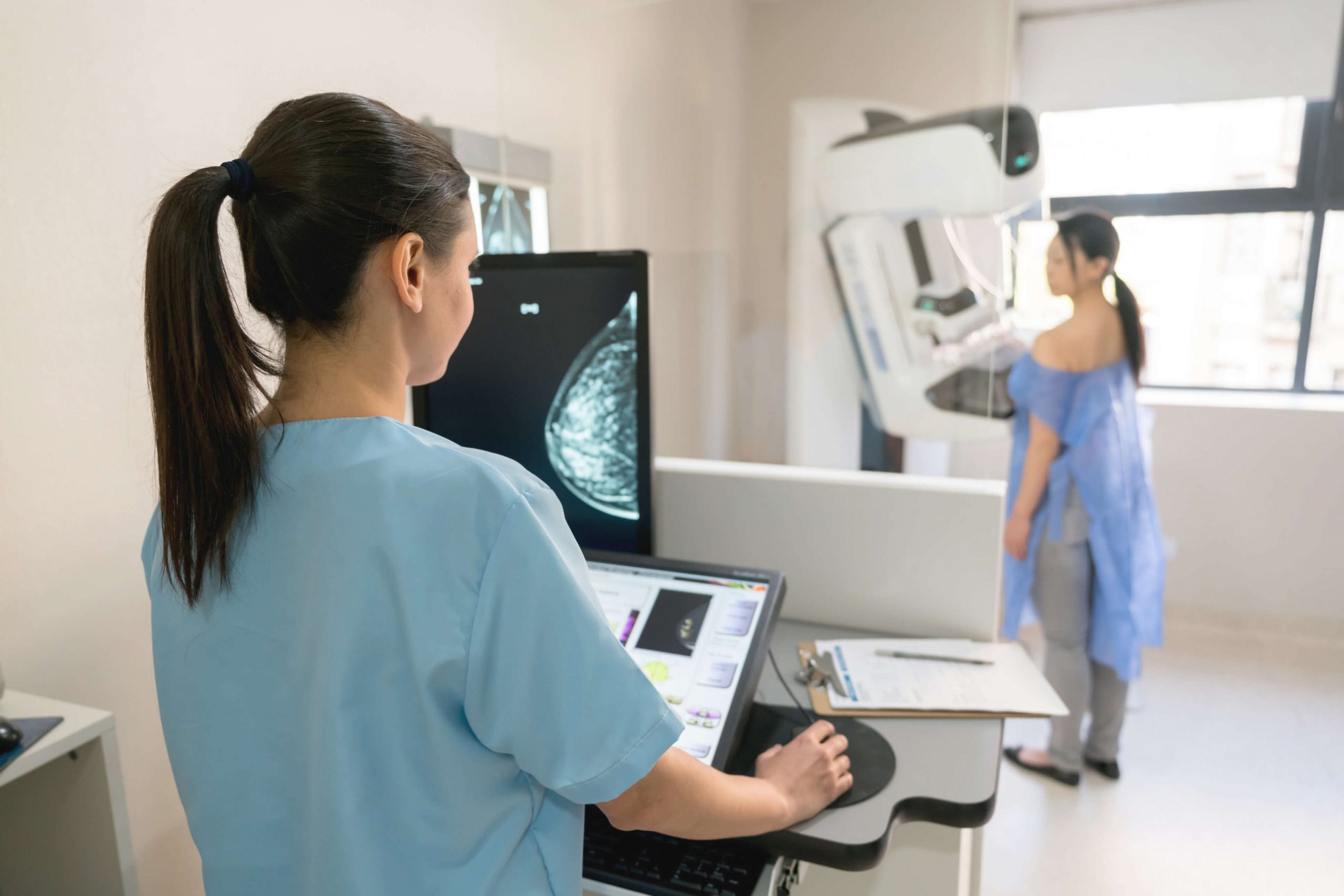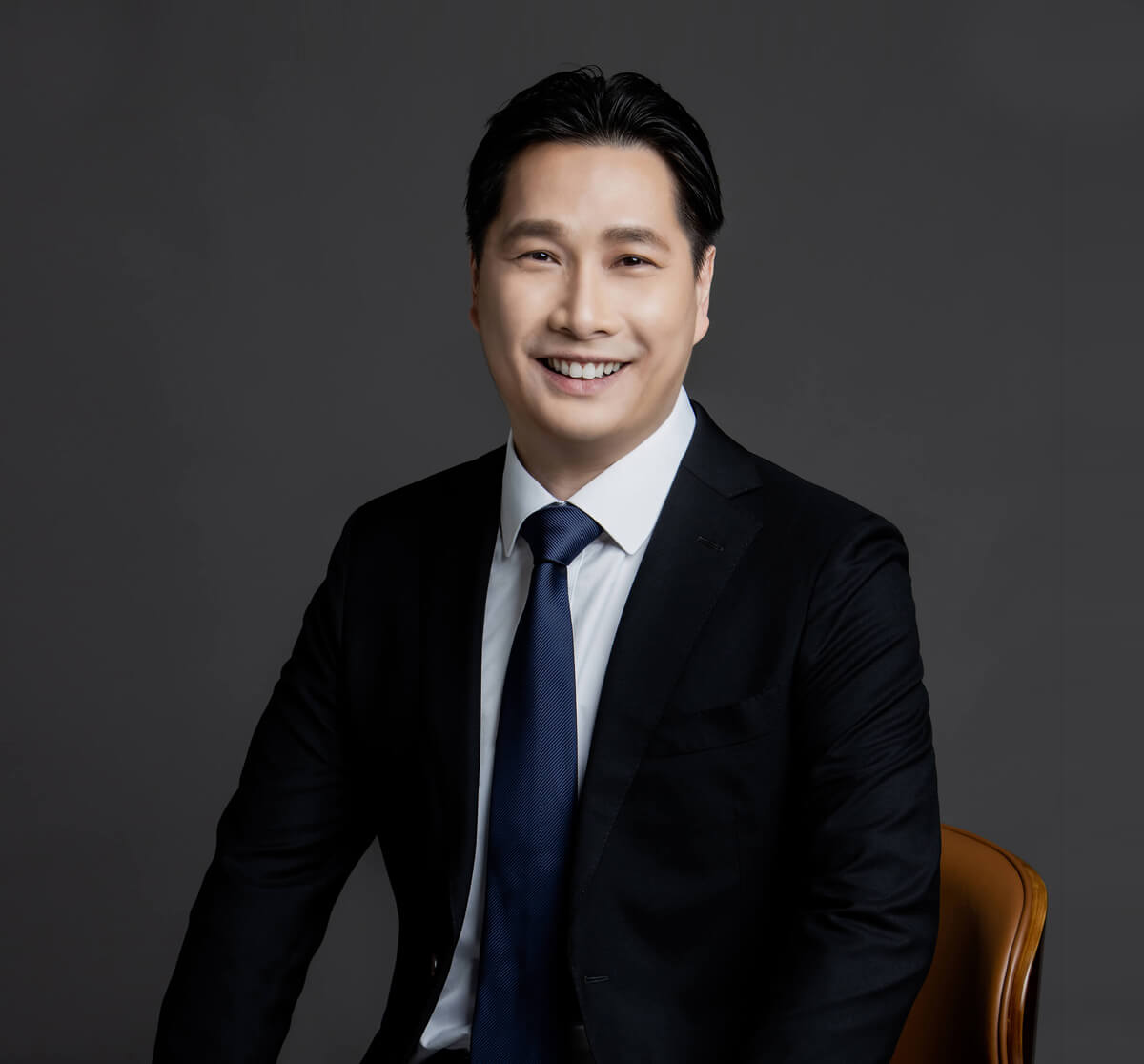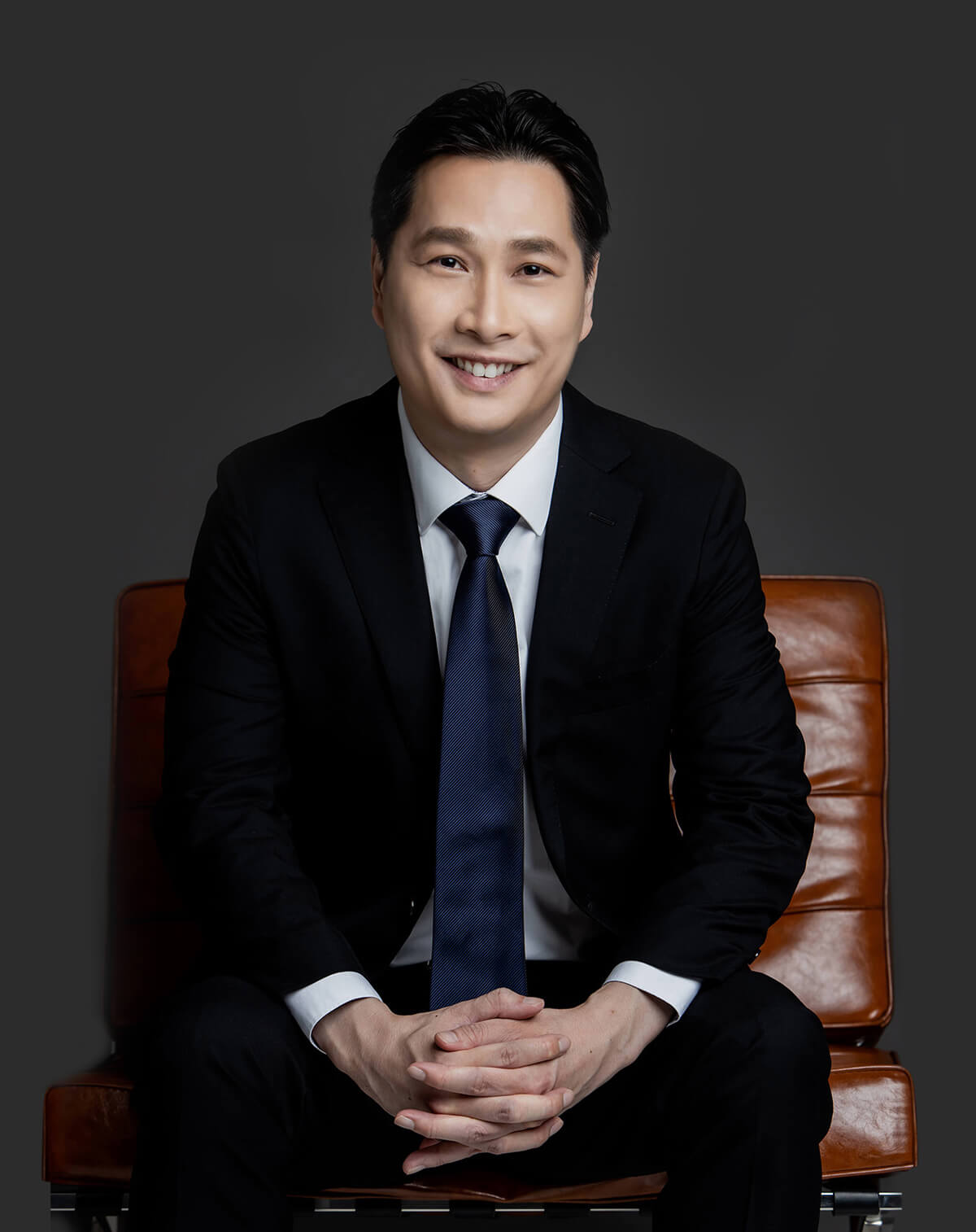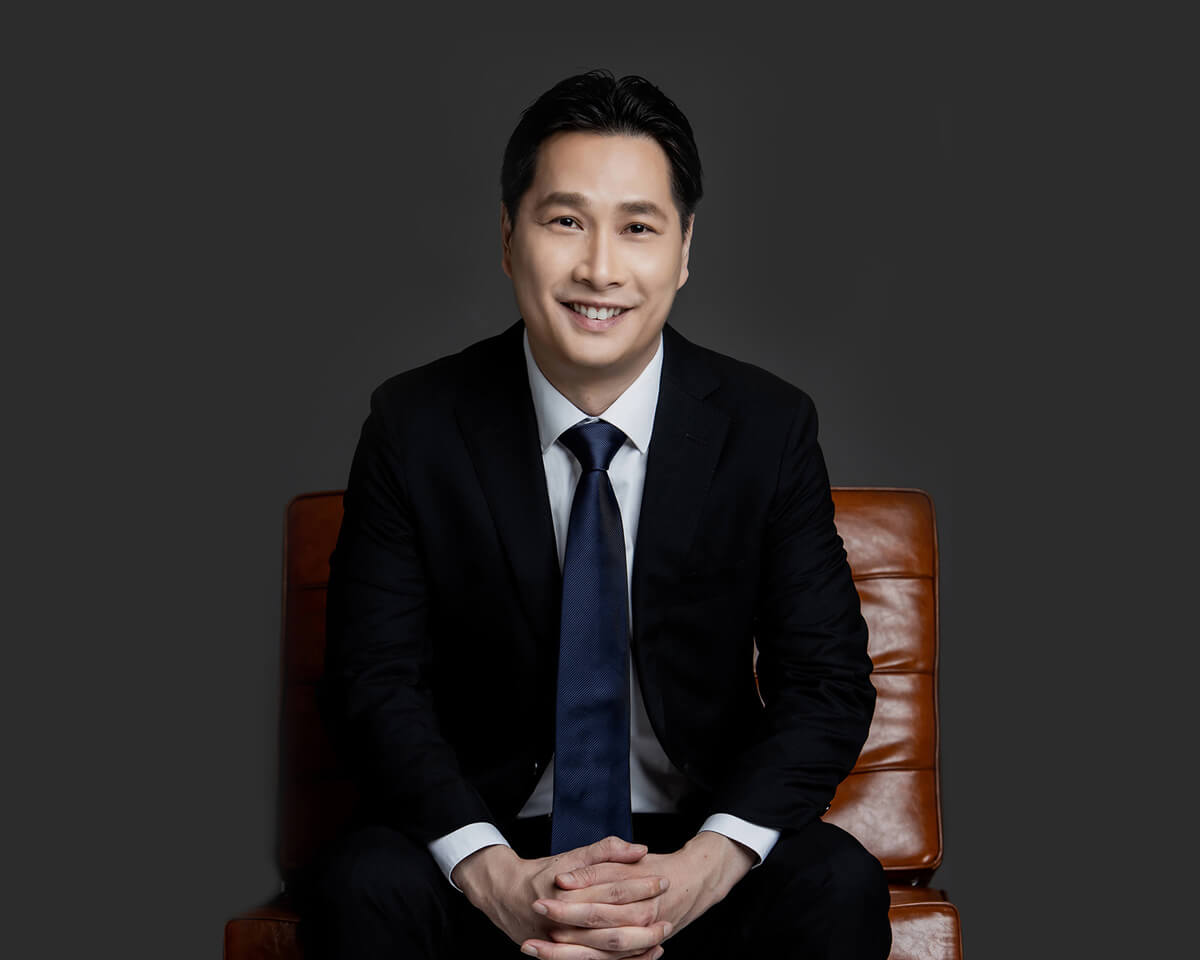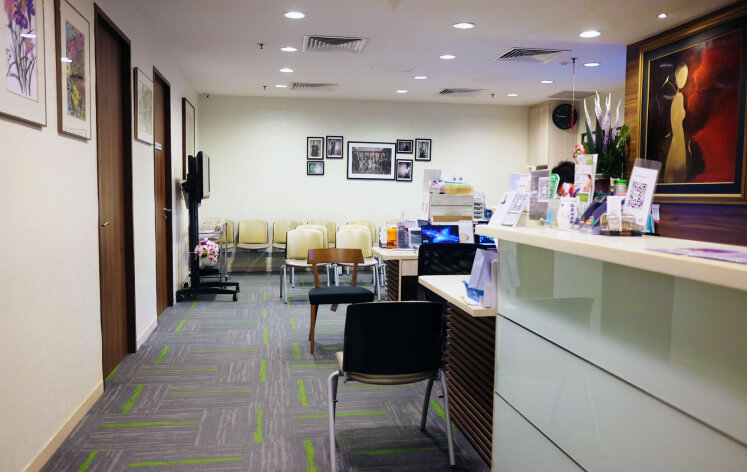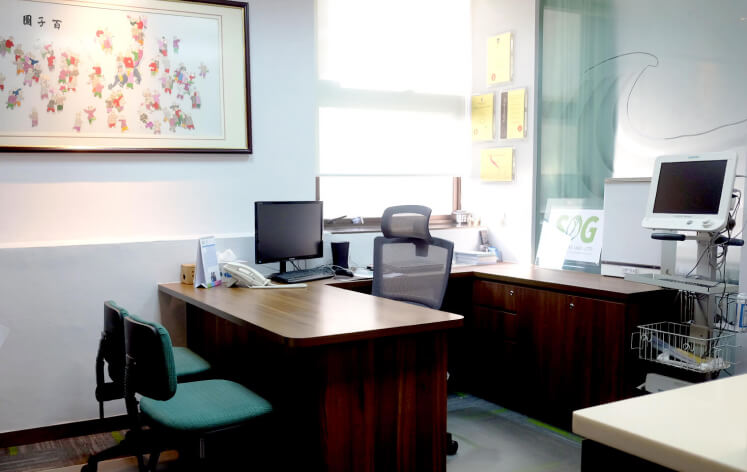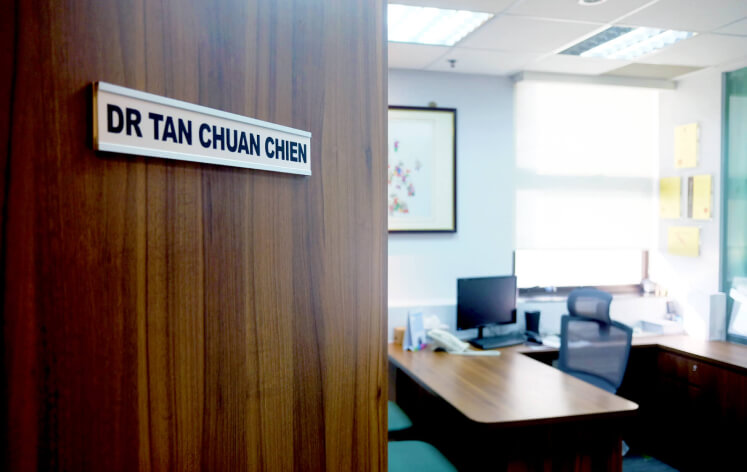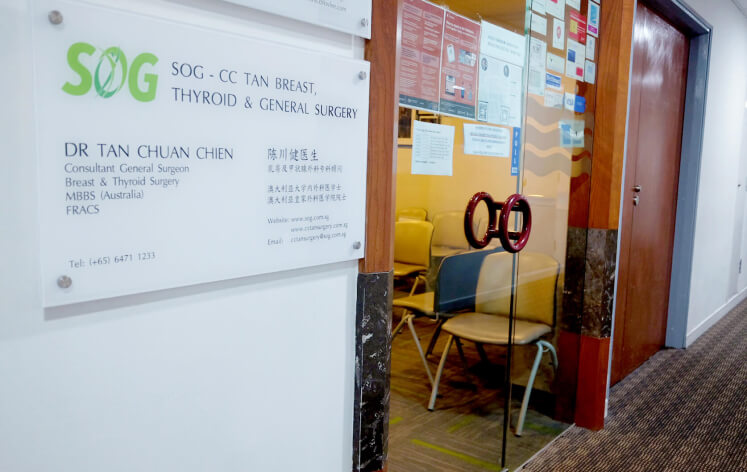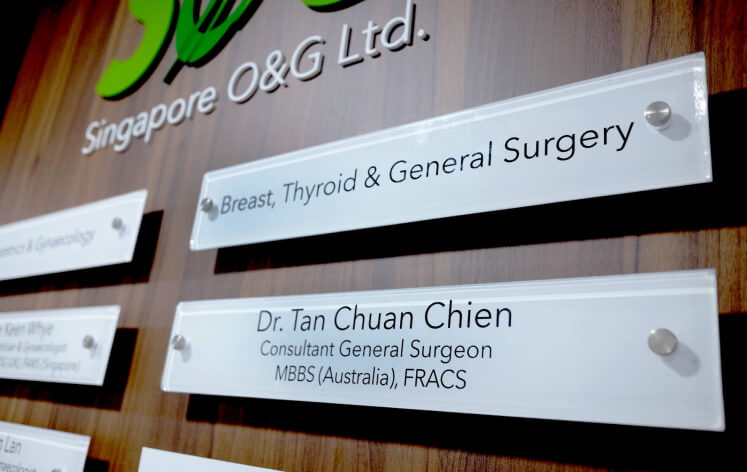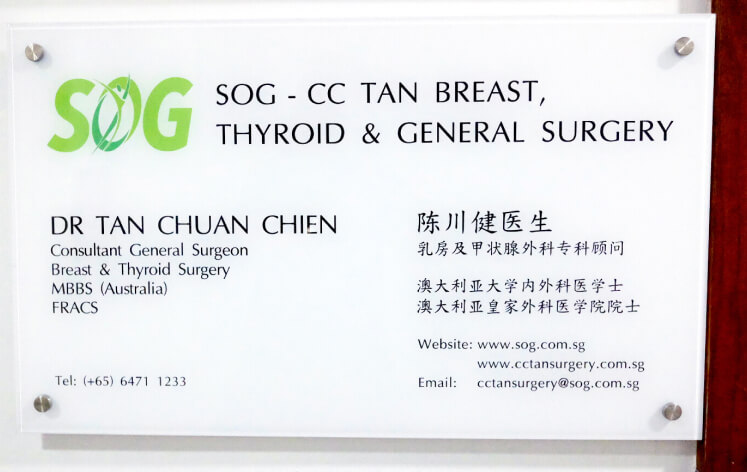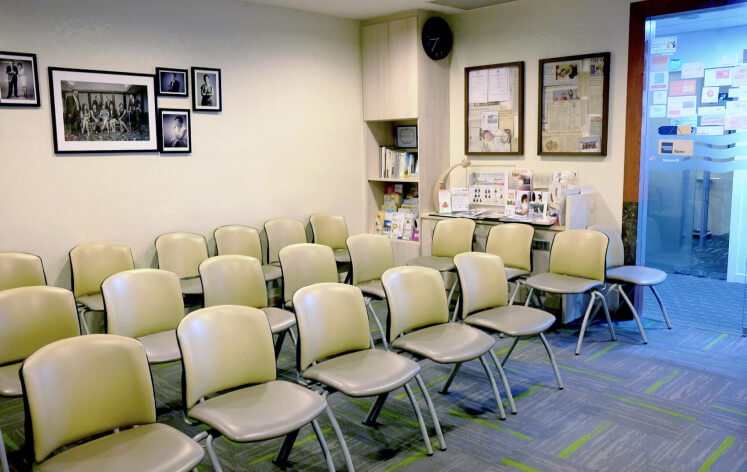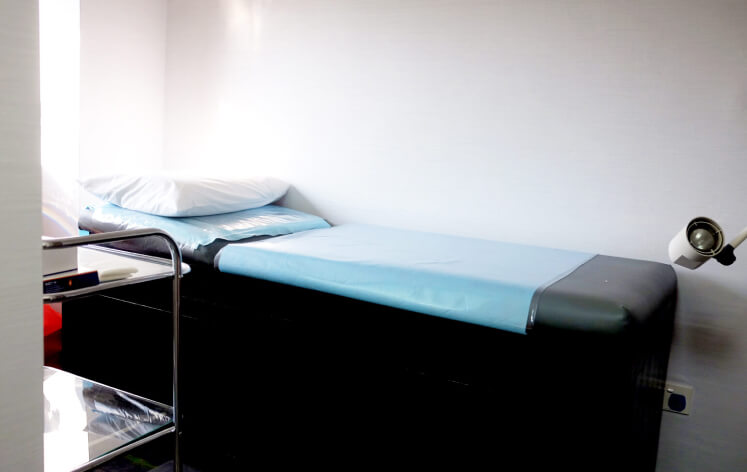What Is a Mammogram?

A mammogram is a breast cancer screening test that involves taking an X-ray of your breasts. It is used to look for breast cancer in women who have an average risk of developing breast cancer.
Who should get screened?
In Singapore, the recommended guideline is for all women aged 40 to 49 years old to go for a bilateral 2D mammography once every year, while women aged 50 to 69 years old to go for a bilateral 2D mammography once every two years.
However, as there is no “one size fits all” solution, each woman should discuss with their Breast cancer specialist to better understand their individual risk and needs, and agree on a suitable screening regimen, modality and interval that is right for them.



